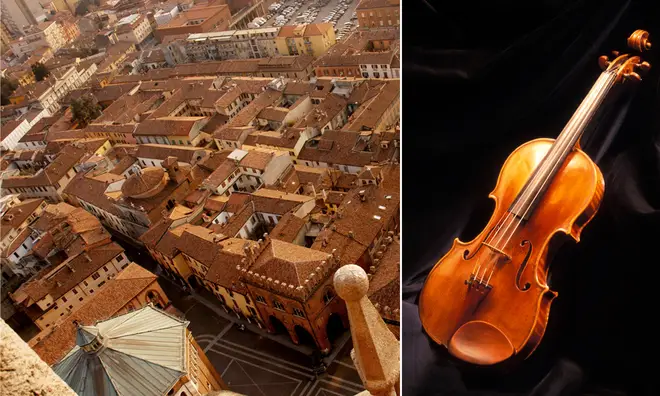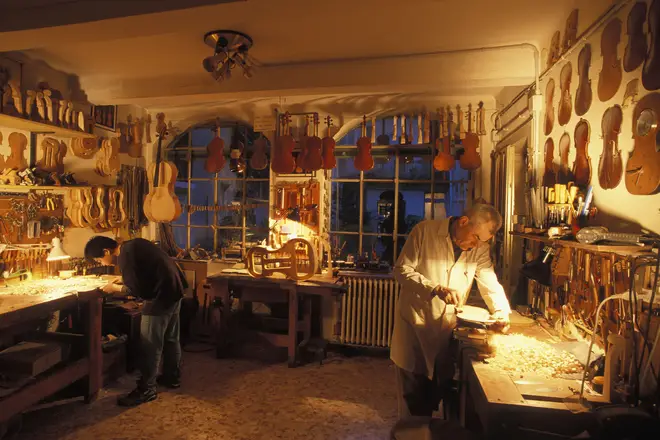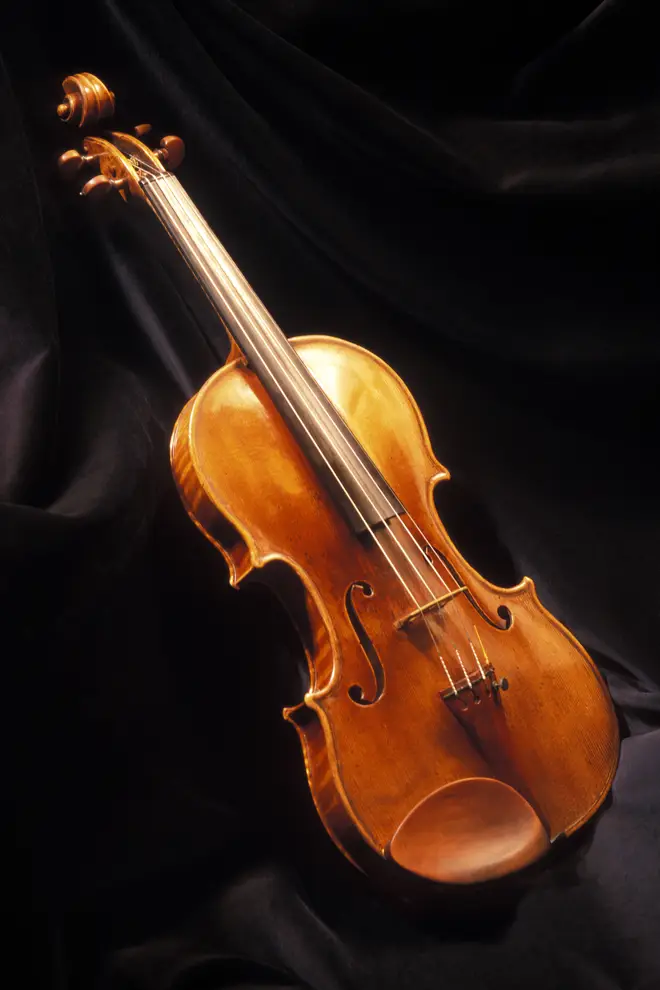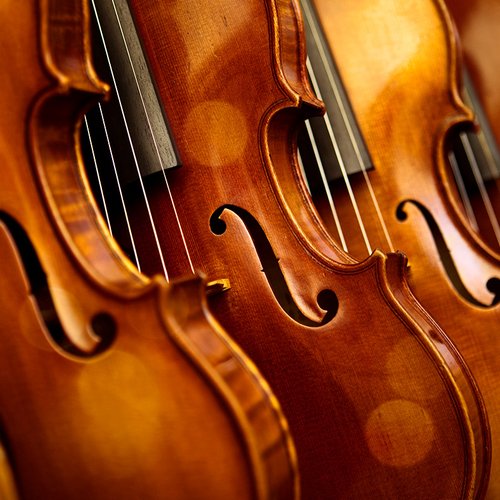To save the true sound of a Stradivarius, an entire Italian city is keeping quiet
21 January 2019, 13:08 | Updated: 19 March 2021, 09:16

The city of Cremona, Italy is home to some of the world’s finest violins made by Antonio Stradivari. 2019 saw the beginning a beautiful story about the locals keeping quiet, all to save the sound of one precious instrument.
An ambitious new musical project caused the city of Cremona to stay silent. The city's violin craftsmen are recording and preserving one of the most iconic sounds in music: an authentic Stradivarius violin.
Antonio Stradivari was a 17th and 18th-century violin maker who created some of the finest string instruments in history. Today, his instruments are on display in various museums and are used by only the finest musicians.
Can you hear the difference between a £10 million Stradivarius and an exact copy? >
The aim of the project, named the ‘Stradivarius Sound Bank’, is to compile a database of recordings of the tones and sounds of four instruments selected from Cremona’s Museo del Violino.
To perfectly capture the sounds of these iconic instruments, any outside noises have to be kept to a minimum.

Cremona’s mayor, Gianluca Galimberti, has therefore implored the citizens of Cremona to avoid sudden and unnecessary sounds.
The cobbled streets around the recording sessions are being closed off for five weeks as the recordings go underway, to avoid noise vibrations reverberating in the microphones and ruining the recordings.
No stone has been left unturned when it comes to ensuring total sound purity. As well as cordoning off the surrounding streets, the auditorium’s ventilation and elevators were turned off – and even the auditorium’s light bulbs were unscrewed to eliminate even the faintest buzz.

The main reason for all of it, is that these instruments’ sounds change over time.
Fausto Cacciatori, curator of the Museo del Violino, told The New York Times that each Stradivarius has “its own personality” but that their distinctive sounds “will inevitably change.”
“It’s part of their life cycle,” said Cacciatori. “We preserve and restore them, but after they reach a certain age, they become too fragile to be played and they ‘go to sleep,’ so to speak.”
Leonardo Tedeschi, who came up with the idea for this project, said: “This will allow my grandchildren to hear what a Strad sounded like. We are making immortal the finest instrument ever crafted.”

























